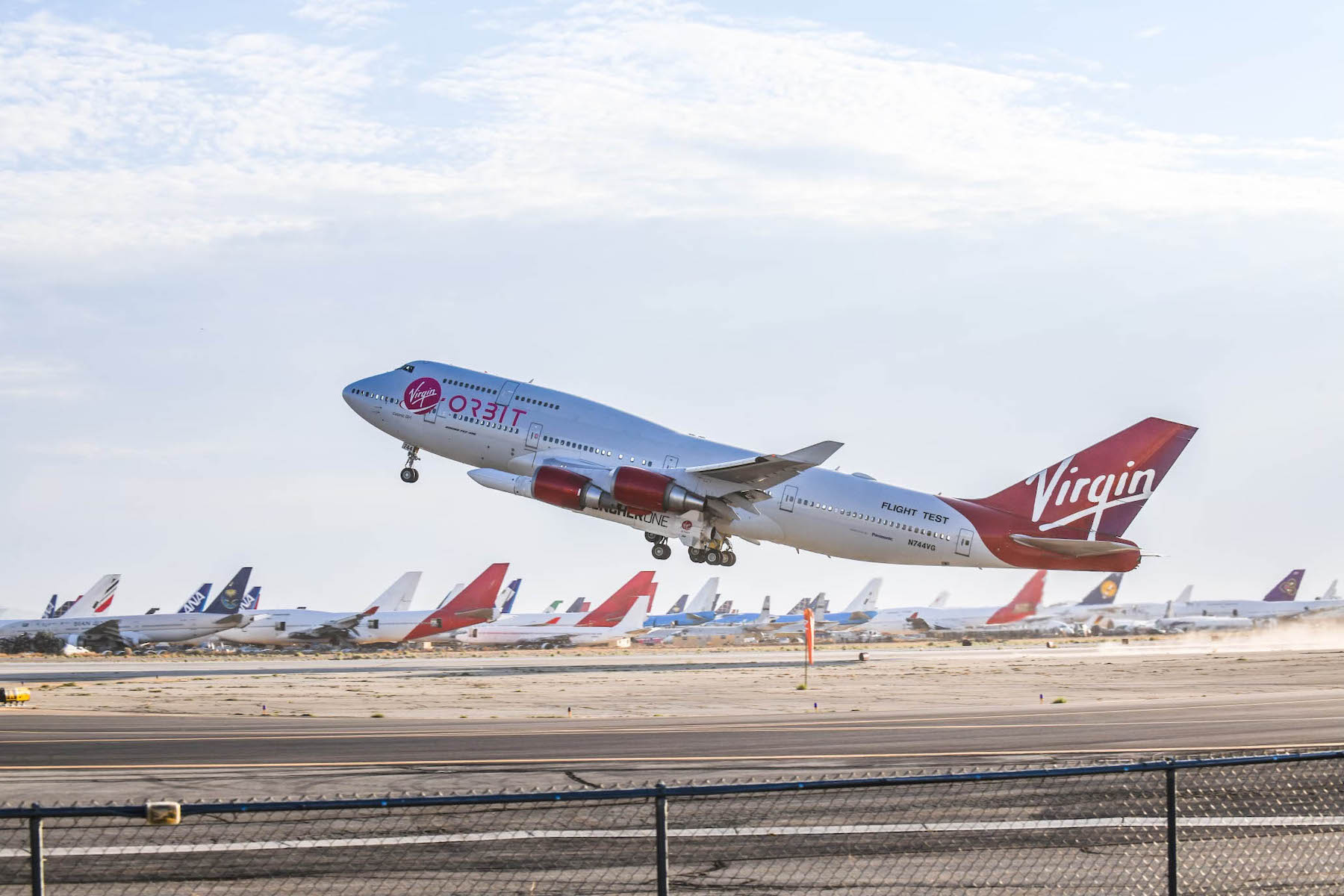
Virgin Orbit has filed for voluntary insolvency as financial woes deepen at the satellite launch company just months after its failed launch from Spaceport Cornwall.
On Tuesday the US-headquartered company filed for Chapter 11 of the US Bankruptcy Code and said it is looking for a buyer.
The rapid and uncontrolled reentry comes a week after the rocket company reduced its workforce by 85% due to a funding crunch.
Dan Hart, CEO of Virgin Orbit, said: “While we have taken great efforts to address our financial position and secure additional financing, we ultimately must do what is best for the business.
“We believe that the cutting-edge launch technology that this team has created will have wide appeal to buyers as we continue in the process to sell the Company.”
A Chapter 11 bankruptcy means Virgin Orbit will continue running under its management to sort finances and seek a sale.
Virgin Orbit will receive $31.6m (£25.4m) debtor-in-possession financing from Virgin Investments if permitted by the Bankruptcy Court to support the process and selling of the company.
A Virgin Group statement said: “Richard Branson and the Virgin Group have supported Virgin Orbit over the long term, investing more than $1bn in the company, including $60m since November 2022. However, this significant funding was not enough to counter the strong headwinds and liquidity challenges Virgin Orbit continues to face.”
Despite successfully launching 33 satellites, the Virgin Orbit launch from Spaceport Cornwall ended unsuccessfully as a result of dislodged fuel filter part.
Virgin Orbit is one of four in Spaceport Cornwall’s consortium, investing £2.5m towards its creation. Virgin Orbit planned to launch twice a year from the site over the next five years and had planned a second launch attempt from Cornwall later this year.
UKTN has contacted Spaceport Cornwall for comment.



